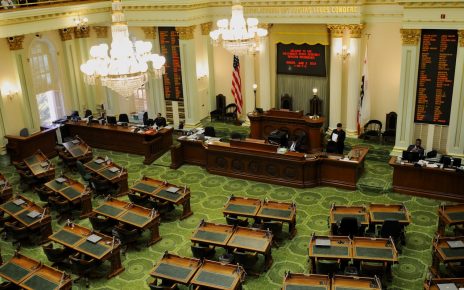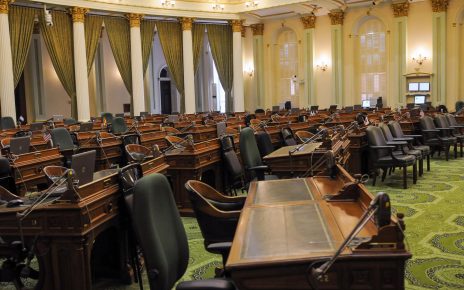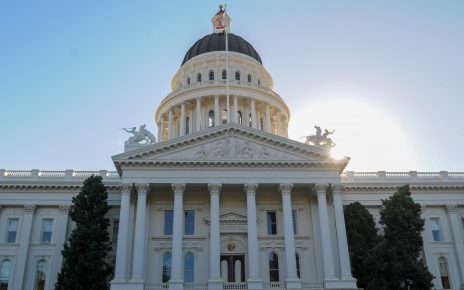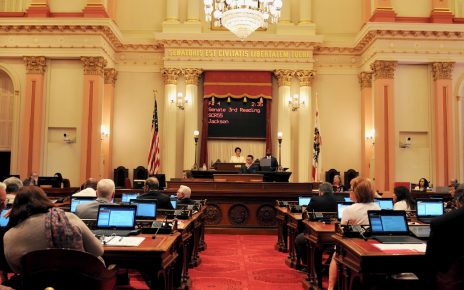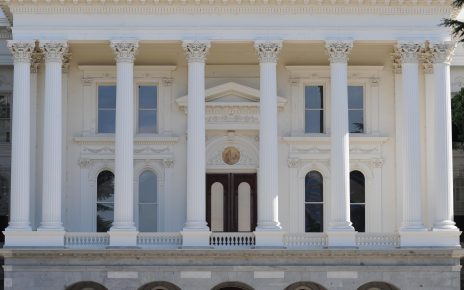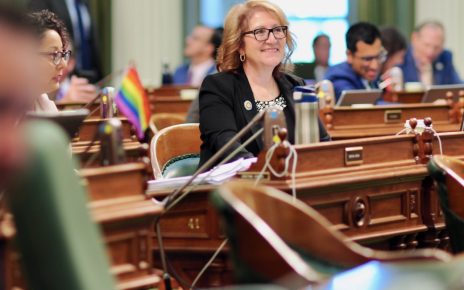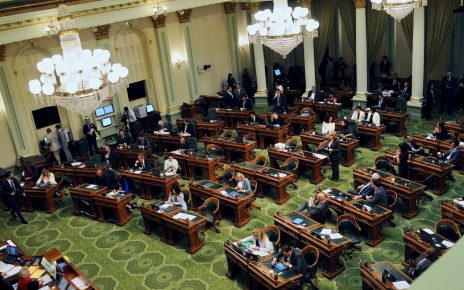Overview of the California Assembly Rules
On the first day of the start of each two-year legislative session, the Assembly adopts rules for its internal procedures. For the 2021-2022 Session, the Standing Rules of the Assembly are contained in House Resolution 1 (Cooley). The following are...

